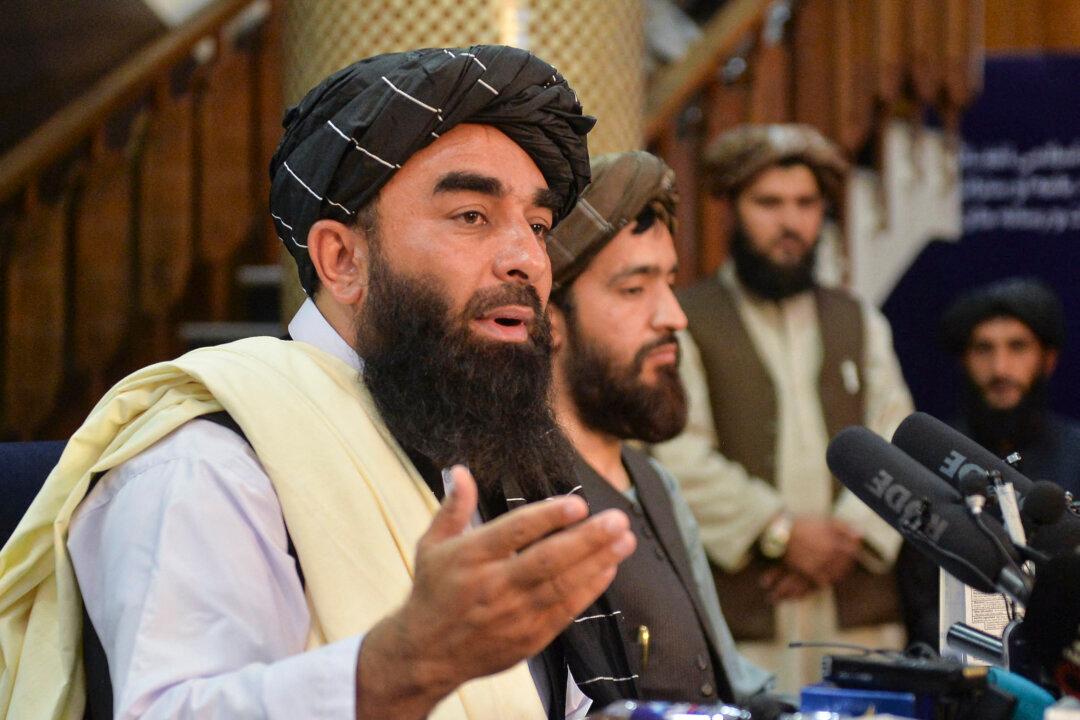The Taliban announced a new government for Afghanistan on Tuesday, with Mullah Mohammad Hassan Akhund to be the country’s interim prime minister and co-founder Mullah Abdul Ghani Baradar as the second-in-command.
Taliban spokesman Zabihullah Mujahid confirmed the development at a press conference on Tuesday, also saying that Abdul Ghani Baradar will be the deputy leader and Sirajuddin Haqqani, a member of the Haqqani network that has long been designated as a terrorist organization by the Department of State, is the country’s interior minister. And Mullah Yaqoob, will be the defense minister, the spokesman added.





